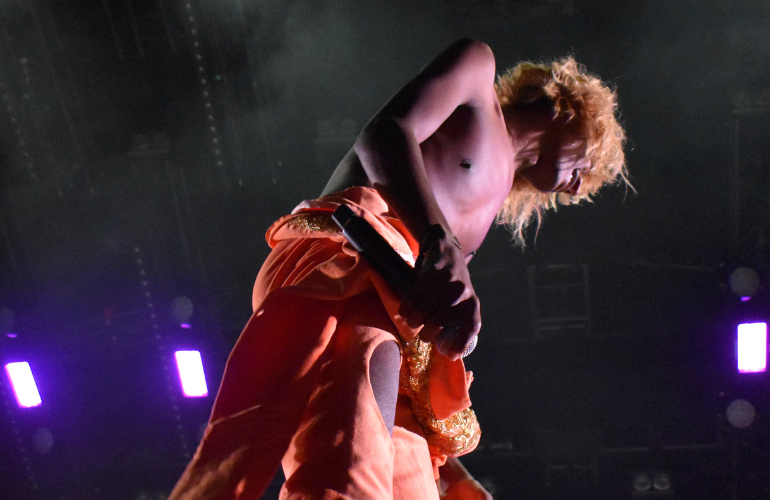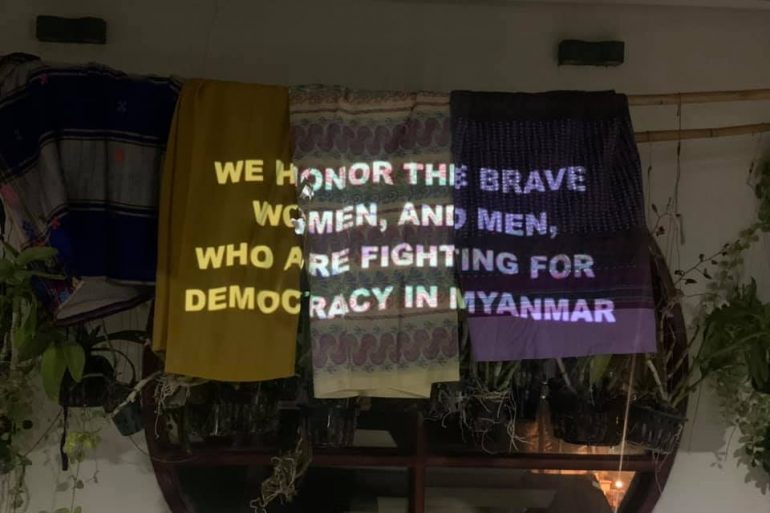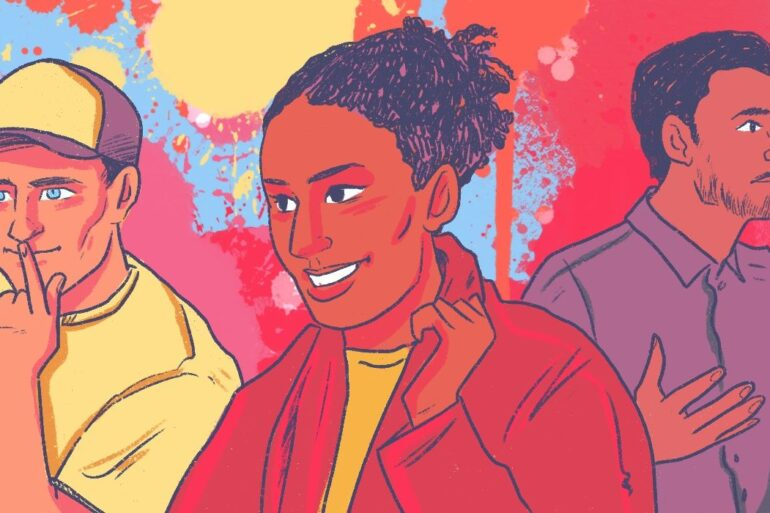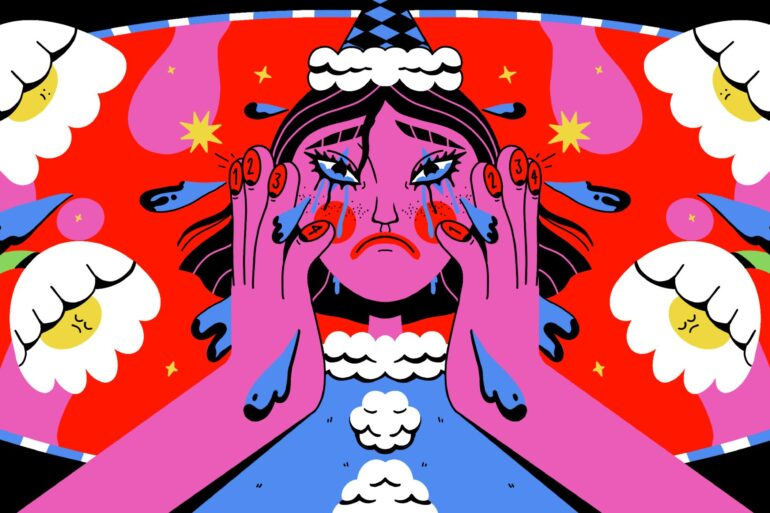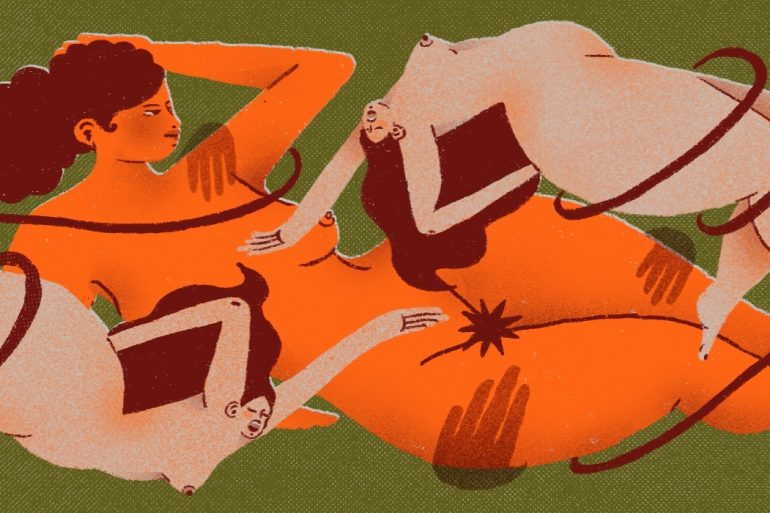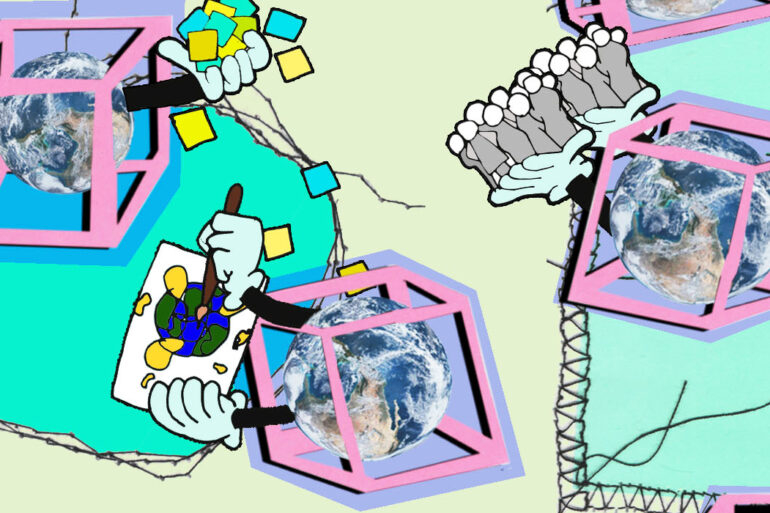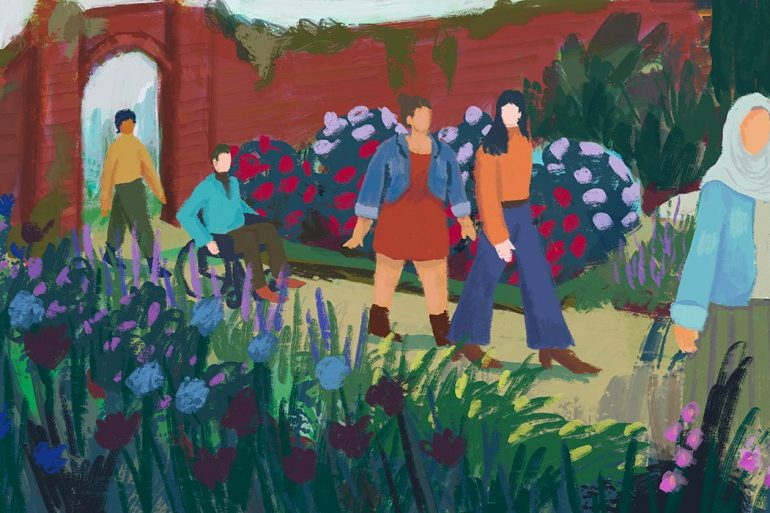My name is Harriet Rwosa. I am a young woman who was born near Lake Bunyonyi, in Kabale, South Western Uganda.
For me, growing up as a girl in rural Uganda was always difficult, as it is for many others. The effort necessary to scrape enough money together to live, let alone have a meaningful education, was a daily struggle.
I dreamt of having an education to escape all of this. However, I knew that my parents would struggle to pay for my school fees, as they could barely afford to feed, clothe and medicate my siblings.
Amazingly we were able to manage through to high school, although my dreams of attending University could not be realized as my parents had no more money to give.
During primary school my worst worries would be confirmed alongside those of my other female peers. We all started menstruation.
The fact that their parents, and my own, could not afford sanitary pads would manifest absenteeism and stigma as well as hygiene problems.
I was 13 years old when I got my first period, I had previously heard little about periods as it was rarely addressed either at school or at home. What I did know, was that from the start periods were a curse to a girl.
Before having my period, I used to come 2nd or 3rd in class, just behind the boys, but after I got my period, my academic prowess started to suffer.
This was all down to the fact that I had to start missing classes as I couldn’t find something appropriate to wear. The only materials available to me were rags, tree leaves, old clothes, newspaper, cotton wool, or literally anything that could do the job.
However, sometimes I had nothing.
Using whatever was at hand, I would have to stay at home while others were studying. I couldn’t risk going to school as one of my friends had attended school while on her period and her uniform was stained. She was so embarrassed and that was the end of her school days. She was later forced to get married to an old man when she was only 15 years old. She later got complications when she was giving birth and got a fistula. I lost her then, she was abandoned and died 5 years later.
Determined to ensure the girls in my village should never go through this, I started the ‘Happy Girls Project’ in 2018.
Our mothers told us that periods were a curse, however the curse is rather poverty, we aim to lift it.
The solitary aim of this is to keep girls in school and improve their reproductive health. It is our desire to end period poverty and affect wider gender related issues.
The ‘Happy Girls Project’ also realises the wider significance that creating a positive environment for female development can have on society.
Millions of girls in Sub-Saharan Africa are dis-empowered by the simple biological process of menstruation. Affordable and hygienic sanitary protection is not available in many areas.
They resort to the use of unhygienic rags and cloths which puts them at the risk of infections and sometimes with the stigma that comes along that leads to dropping out of school prematurely.
Men here, especially brothers and fathers don’t care much about girls periods, still stigmatising them as a curse. They can also find the problem easy to avoid. This is due to the fact that many men are still involved in polygamous marriages, so when one wife gets thier peirod, they can leave that house and go join another house. Never having to be near a menstruating woman.
This is taught to school children, as groups of boys offer girls embarrassment over help when it comes to their periods. Many girls develop infections due to unhygienic care and develop bodily odours. This often leads to social exclusion and will negatively impact on the girl’s confidence.
Happy Girls Project is currently making reusable sanitary pads for young girls around Lake Bunyonyi with the use of local materials like local cloth (Kitenge) and soft towels. We rely mostly on funds from well-wishers and tourists for funding alongside a small craft shop I started to supplement the project.
Subscribe to shado's weekly newsletter
Exclusive event news, job and creative opportunities, first access to tickets and – just in case you missed them – our picks of the week, from inside shado and out.


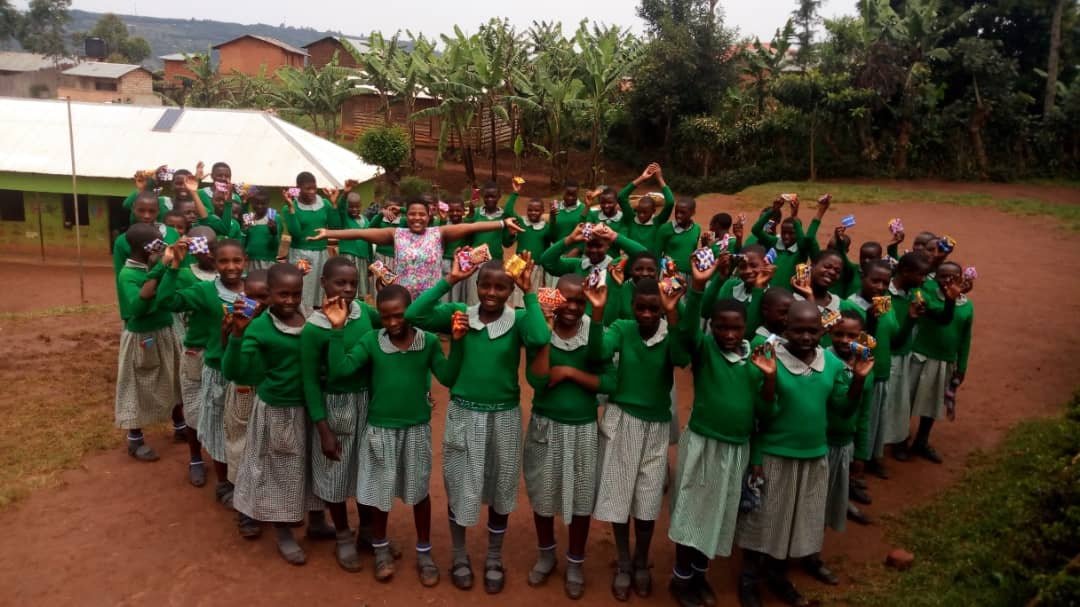
I have reached over 500 girls, each of them getting 3 sanitary reusable pads made by me and my friends.
I met Rosy and Emily 4 years ago, when they taught me how to make reusable pads from towels. I passed this knowledge on to my friend Tracey Hill Roach who has sponsored me by providing the materials. The design I chose is developed from a traditional sanitary pad, the towel has three folds and a nylon cloth inside which prevents blood from leaking. However, these pads differ as they are reusable and can last for up to a year. Furthermore, all materials are environmentally friendly, as we have a problem of waste dumping here.

I rely mostly on tourists who provide us with the materials and buy from our craft shop which I started to raise money to sustain the project. People who would like to help can join us also by sponsoring 1girl with 10usd ,50usd to support 5girls and 100usd for 10girls for the whole year, we are now a registered CBO.
Other people can help through providing with sewing machines, soft towels and press button machine or already made pads.
For more information please visit our website and get in touch at happygirlsprojectuganda@gmail.com


